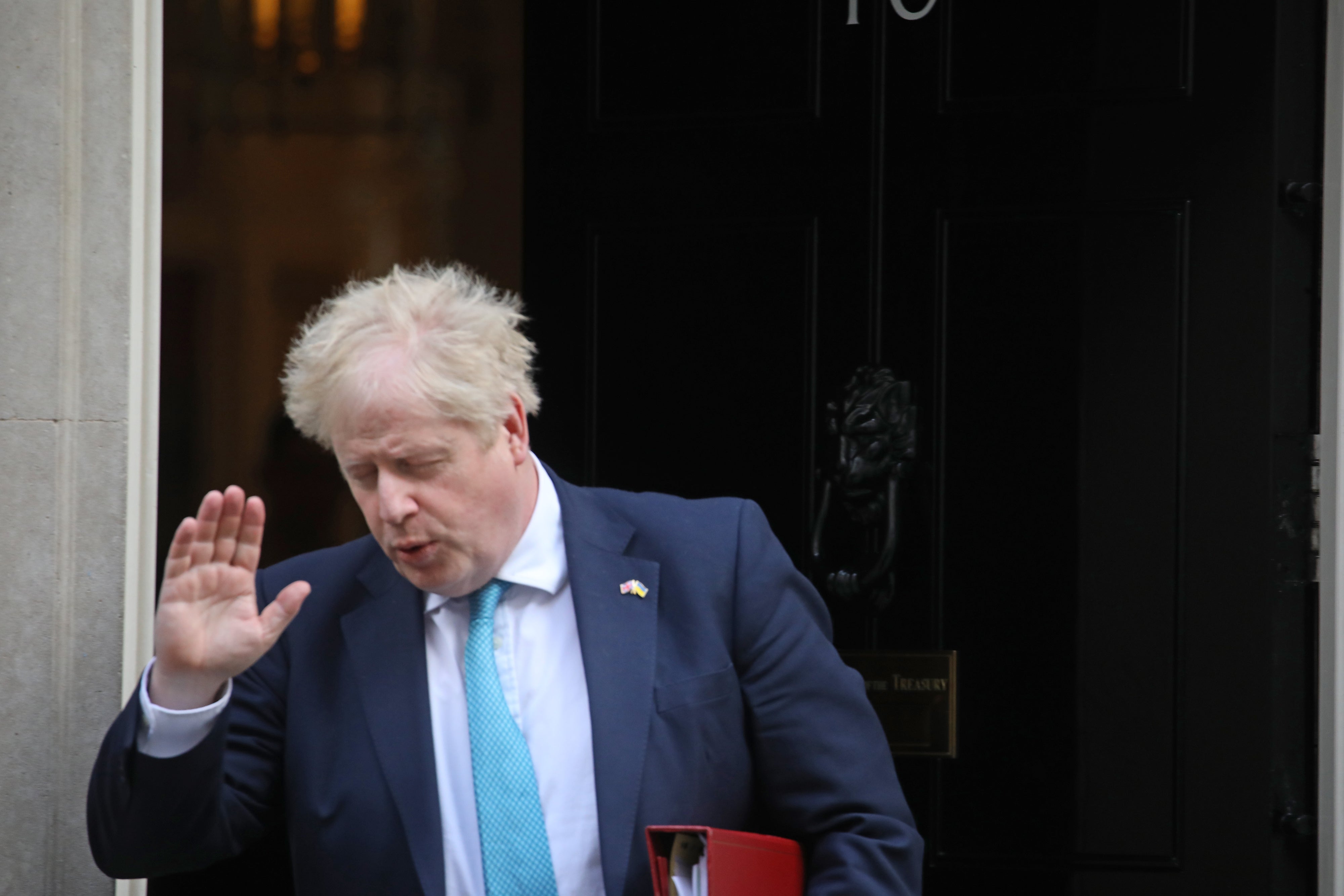Boris Johnson will get a £2,200 pay rise in line with other MPs
Downing Street said there is no way for Boris Johnson to turn down the pay rise given to all MPs.

Your support helps us to tell the story
From reproductive rights to climate change to Big Tech, The Independent is on the ground when the story is developing. Whether it's investigating the financials of Elon Musk's pro-Trump PAC or producing our latest documentary, 'The A Word', which shines a light on the American women fighting for reproductive rights, we know how important it is to parse out the facts from the messaging.
At such a critical moment in US history, we need reporters on the ground. Your donation allows us to keep sending journalists to speak to both sides of the story.
The Independent is trusted by Americans across the entire political spectrum. And unlike many other quality news outlets, we choose not to lock Americans out of our reporting and analysis with paywalls. We believe quality journalism should be available to everyone, paid for by those who can afford it.
Your support makes all the difference.Boris Johnson will receive the £2,212 pay rise given to all MPs in April, Downing Street has confirmed.
The 2.7% increase in MPs’ pay will come in as voters across the country face a cost of living squeeze, with rising energy bills and a hike in National Insurance.
Downing Street said Mr Johnson has no way of refusing the automatic increase in his pay as MP for Uxbridge and South Ruislip and will not cut the amount he gets for his job as Prime Minister to counteract the rise.
The Independent Parliamentary Standards Authority (Ipsa) said the annual adjustment to MPs’ basic pay for 2022/23 will be 2.7% – the same as the average increase in pay for public sector employees last year.
MPs’ pay will rise from £81,932 to £84,144 from April 1 – an increase of £2,212 per year.
On top of that, Mr Johnson gets £75,440 a year as Prime Minister, which will take his total pay in 2022/23 to £159,584.
The Prime Minister’s official spokesman said the pay rise for MPs is “automatic, in effect” and “he is not able to turn down that pay rise, which is independently judged by Ipsa”.
The spokesman declined to say whether Mr Johnson will donate the increase to charity.
“I’m not going to get into the charitable donations the Prime Minister makes,” the spokesman said.
Asked if he would cut his ministerial salary by £2,200, the spokesman said: “The ministerial element of the Prime Minister’s salary has been frozen for some time now and will remain so.”
When Ipsa announced its decision on March 1, the body’s chairman Richard Lloyd said it is “right” that MPs are “paid fairly”, particularly with their work “dramatically” increasing in the past 12 months.
Ipsa said the decision is “in line” with its previous ruling in 2015 to adjust MPs’ pay at the same rate as changes in public sector earnings published by the Office of National Statistics (ONS).